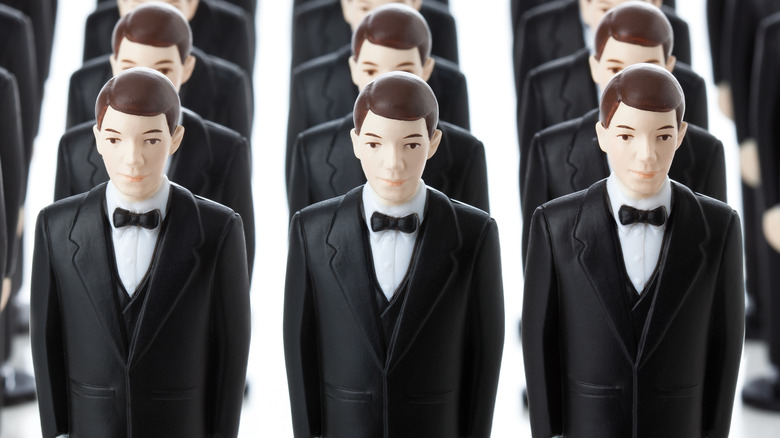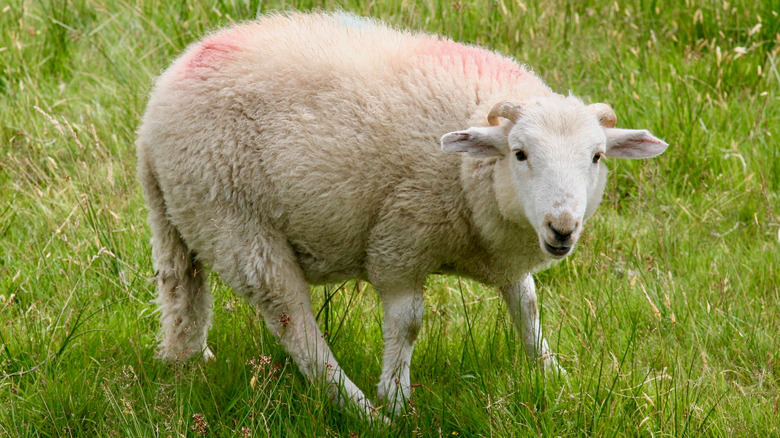Could Human Cloning Really Happen One Day?
Of all the potential sci-fi scenarios that might one day become reality, cloning an actual living organism is among the most difficult to comprehend. Since the 1950s, though, scientists have managed to clone a number of creatures, such as mice, frogs, sheep, and pigs, as Live Science reports. Human embryos have also been cloned for the purpose of stem cell research. So, how far are we away from cloning ourselves? And what would the ramifications be if such a thing were to be accomplished?
According to Business Insider, if human cloning were to ever happen, it wouldn't be like bringing someone back from the dead or making an exact replica. Instead, the result would be more like creating a twin: A distinct, but closely related individual all on their own. Most realistically, human cloning technology would be used to create a specific part of a human body, such as a kidney or liver, making organ transplants much more common. Embryonic stem cell research and cloning has also produced several therapeutic treatments.
It's risky and controversial
Human cloning technology already exists in theory, but cloning any kind of organism is an incredibly difficult, time and resource consuming process, as Business Insider reports. What's worse, most cloning attempts are unsuccessful. The most famous instance of cloning came in 1996 with Dolly the sheep (pictured above.) A cloned embryo was implanted in another sheep, and scientists could only wait and see. The same process by which Dolly was cloned could be tried on a human, but it took nearly 300 tries to get Dolly right. In the instance of a human, that would be nearly 300 eggs harvested from a human to get one cloned person ... maybe.
Since then, cloning attempts have had a success rate of anywhere from 10 to 20 percent, and that's an incredible burden to put on a human surrogate. Adding to the list of reasons human cloning is highly unlikely any time soon are the common genetic abnormalities that typically crop up in cloned organisms, according to Live Science. Even if the cloned creature survives, the lifespan of the animal is generally very short. For all the reasons mentioned above, scientific consensus seems to agree: Although cloning an actual human is theoretically possible, it's such a difficult and risky thing to attempt, it's unlikely to happen anytime soon.

